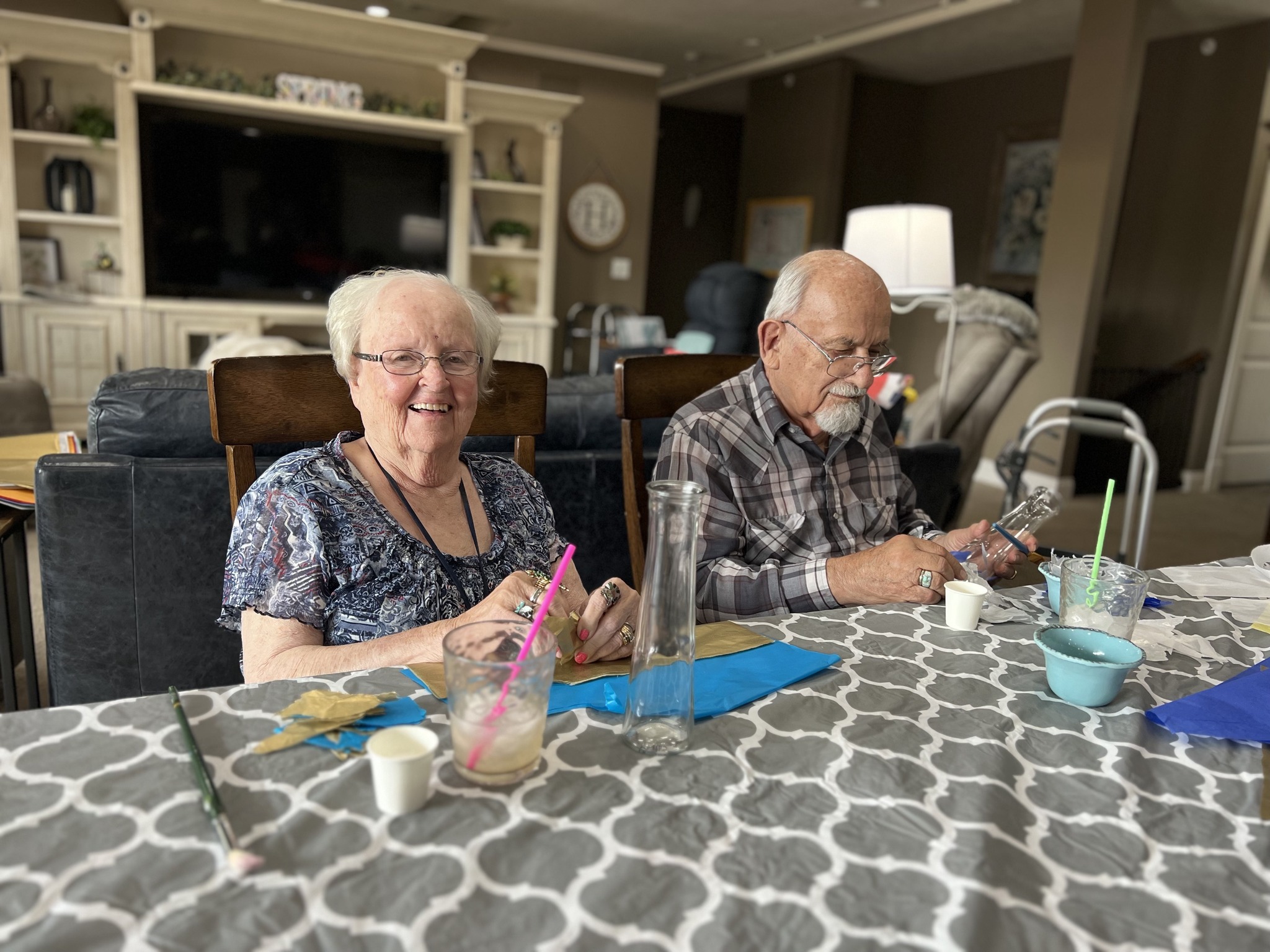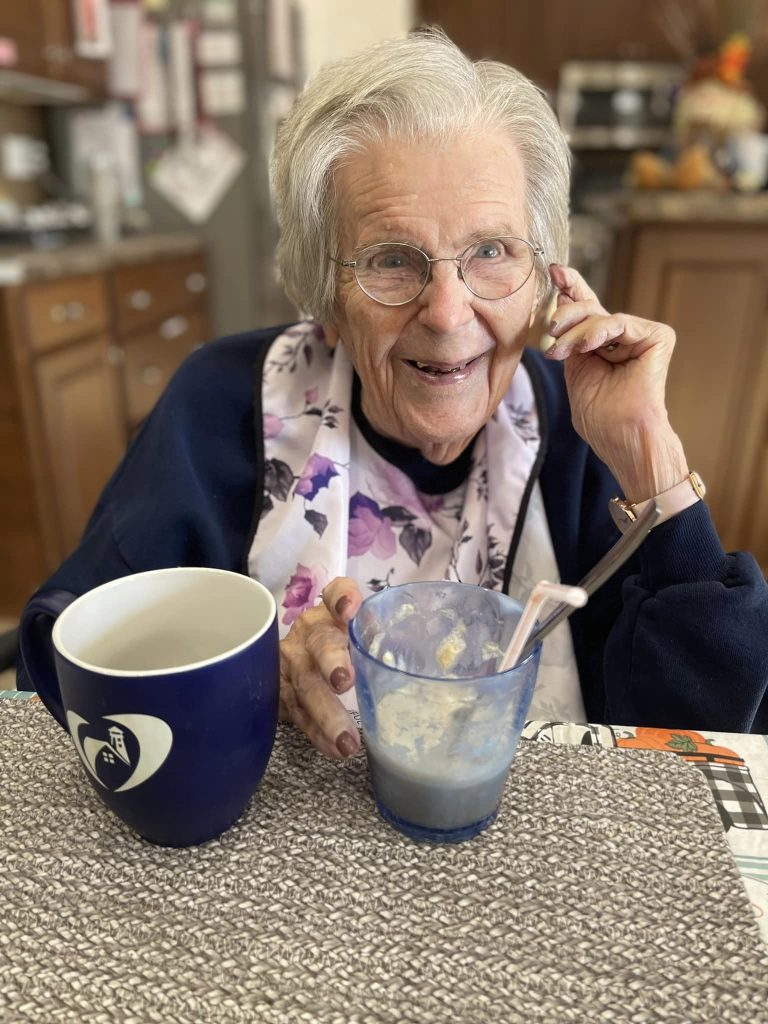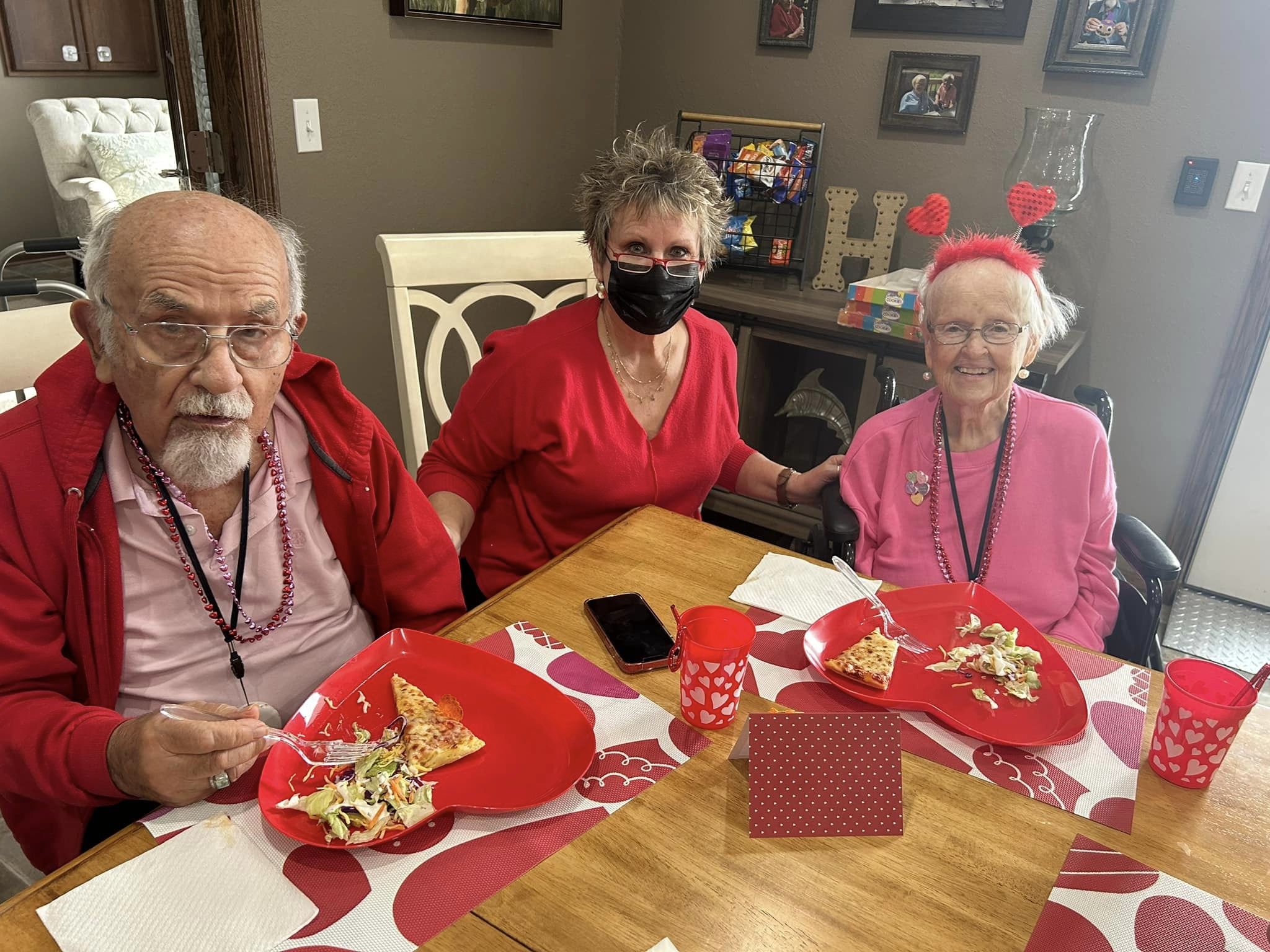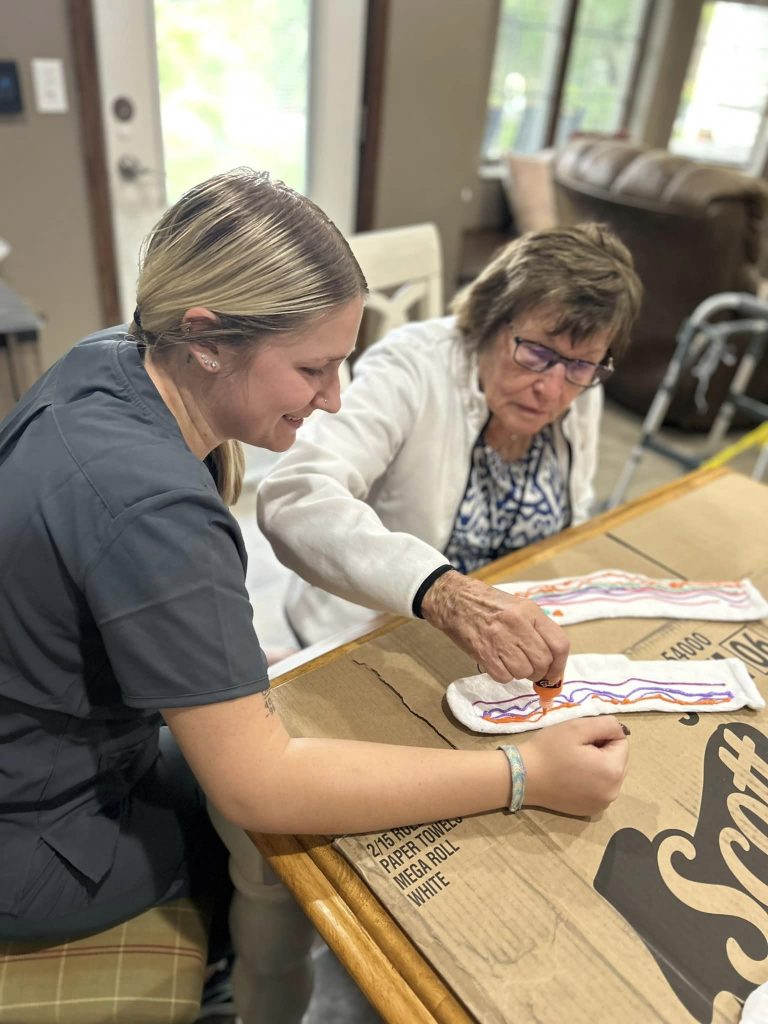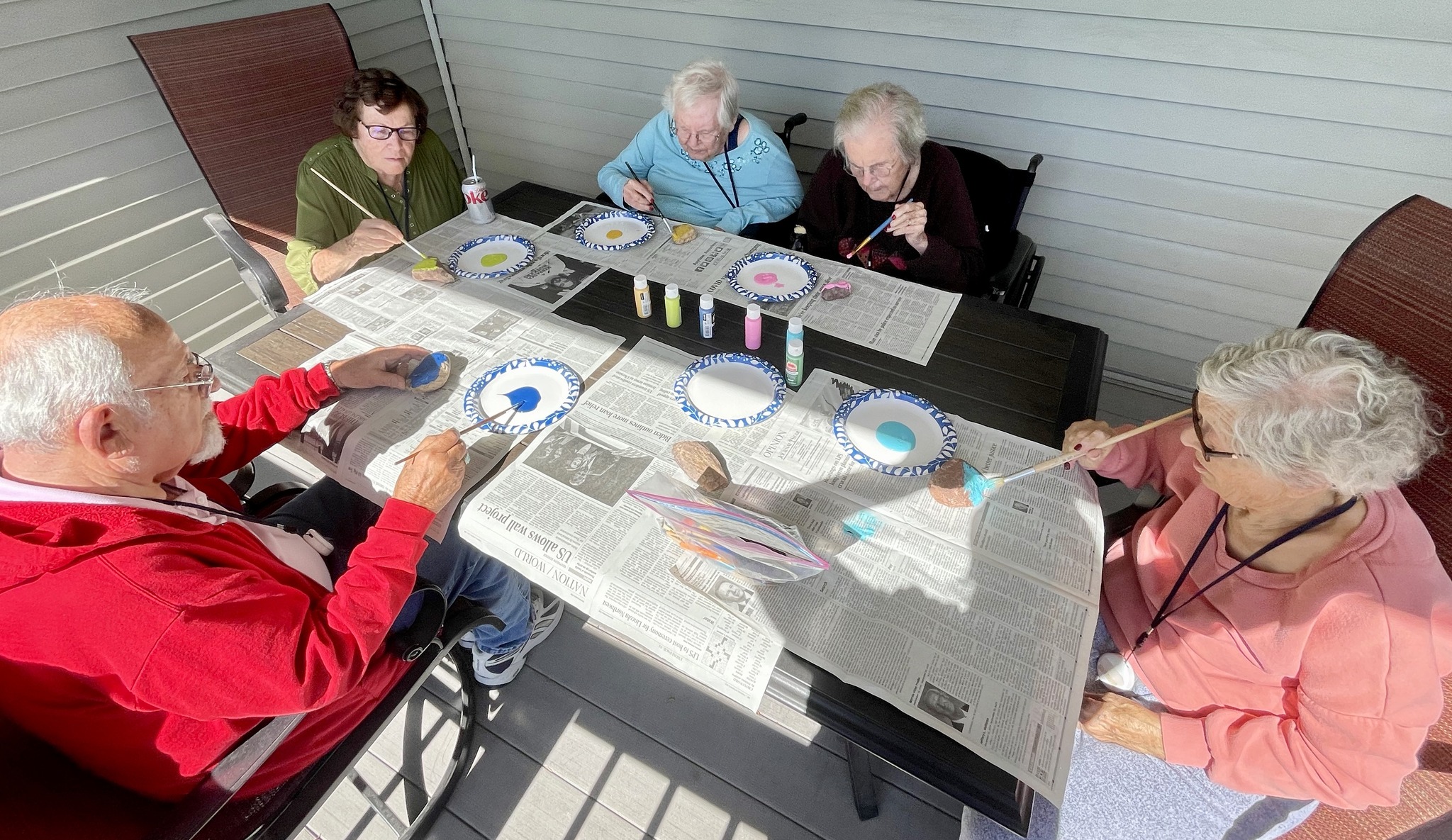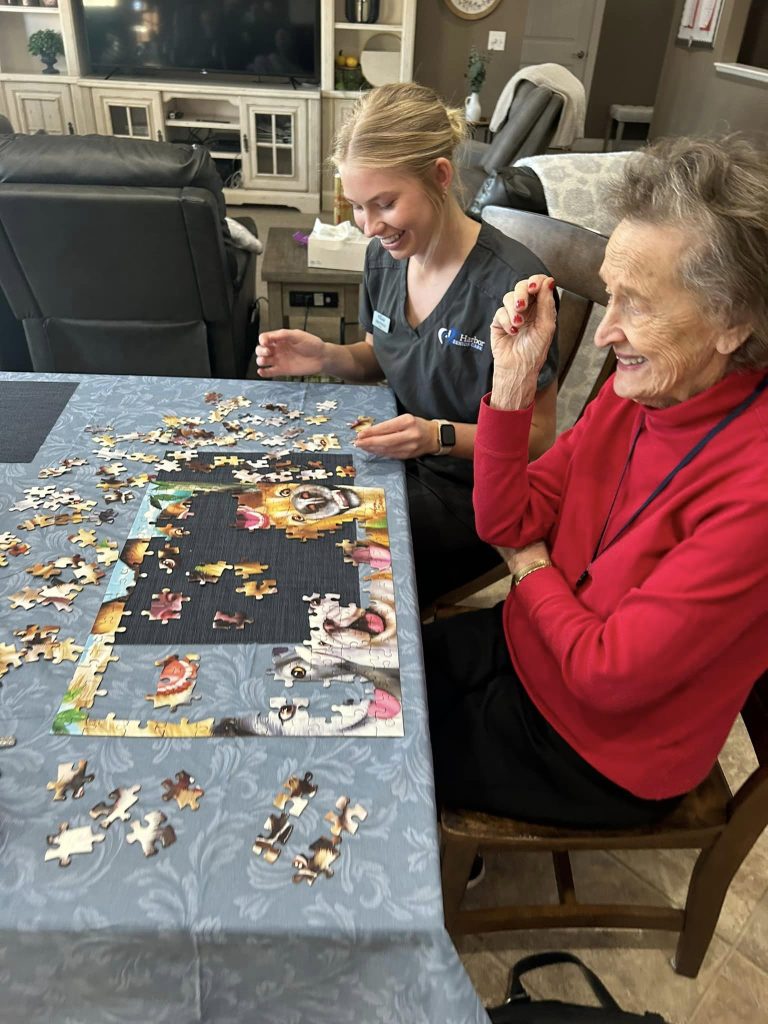As technology advances, its potential to positively impact the lives of those affected by dementia grows exponentially. From apps that aid in memory recall to devices that enhance safety and independence, technology offers promising solutions for the challenges faced by individuals with dementia and their families. This blog delves into the innovative tools and apps that are reshaping dementia care, offering hope and support to those navigating this complex condition.
The Evolution of Dementia Care Technology
The landscape of dementia care technology is rapidly evolving, with new tools and applications emerging to address various aspects of care and daily living. These technologies are designed not only to assist individuals with dementia in maintaining their independence and safety but also to support caregivers in providing effective and compassionate care.

Memory Aids and Cognitive Apps
Memory loss is a hallmark of dementia, often causing confusion and frustration for individuals affected. Technology offers several solutions to mitigate these challenges.
Featured Tool: Apps like “MindMate” and “Lumosity” are designed to stimulate cognitive functions through games and tasks tailored to the user’s abilities. These apps can help slow cognitive decline and provide a sense of achievement and independence for individuals with dementia.
Safety and Monitoring Devices
Ensuring the safety of individuals with dementia is a top priority for caregivers, especially as the condition progresses.
Featured Tool: GPS tracking devices and wearable technology can alert caregivers if their loved one wanders from a safe area. Additionally, smart home devices can monitor activities and alert caregivers to potential safety issues, such as a stove being left on.
Communication Enhancements
As dementia progresses, communication can become challenging. Technology offers innovative ways to bridge the communication gap.
Featured Tool: Tablets and apps specifically designed for dementia, such as “Talking Mats” and “Let’s Talk,” utilize pictures and symbols to facilitate communication, allowing individuals to express their needs and preferences more easily.
The Impact of Technology on Caregiving
Technology not only benefits individuals with dementia but also offers significant support to caregivers, reducing stress and improving the quality of care.
Care Coordination Platforms
Managing the complexities of dementia care often requires coordination among multiple caregivers and healthcare providers.
Featured Tool: Platforms like “CaringBridge” and “Lotsa Helping Hands” allow caregivers to organize schedules, share updates, and communicate needs efficiently, ensuring everyone involved in care is informed and engaged.
Educational Resources and Support Networks
Caregivers of individuals with dementia need access to reliable information and emotional support.
Featured Tool: Websites and apps offering educational resources, virtual support groups, and forums, such as “Alzheimer’s Association” and “Caregiver’s Helper,” provide invaluable support, helping caregivers navigate challenges and reduce feelings of isolation.
The Future of Dementia Care Technology
As we look to the future, the integration of artificial intelligence (AI) and machine learning offers exciting possibilities for personalized dementia care. Predictive analytics can help in early detection and in tailoring care plans to individual needs, potentially slowing disease progression and improving life quality.
Conclusion
Technology is playing a crucial role in transforming dementia care, offering innovative solutions that support independence, enhance safety, and improve communication. For individuals with dementia and their caregivers, these tools and apps provide much-needed support, alleviating some of the challenges faced daily. As technology continues to evolve, its potential to positively impact dementia care is limitless, offering hope and improved quality of life for those on this journey.






